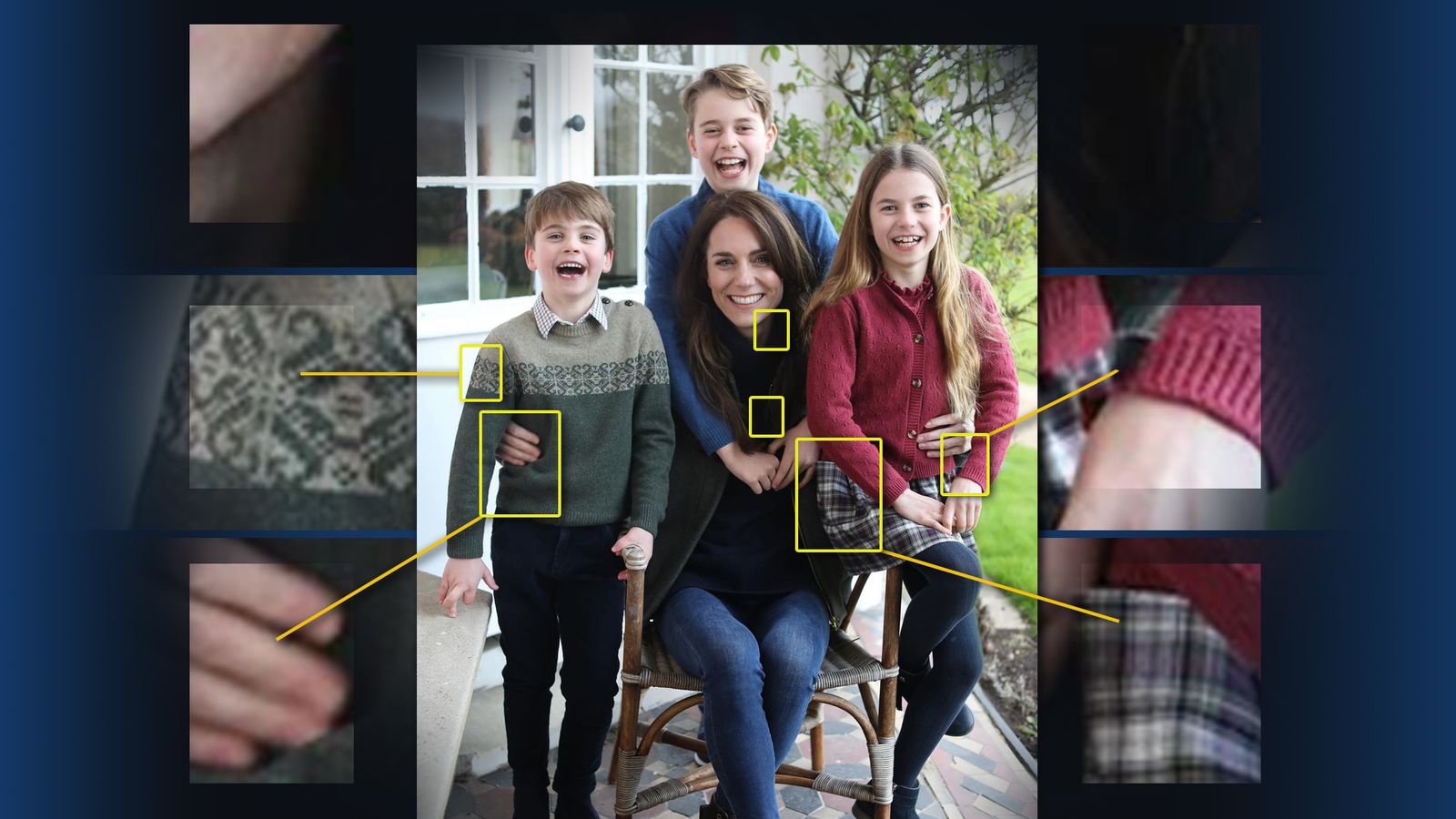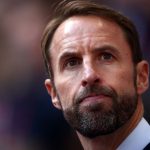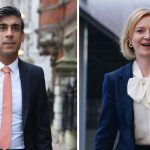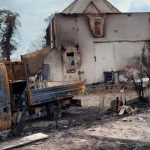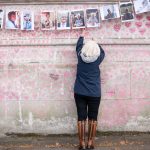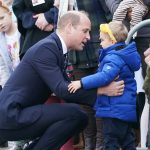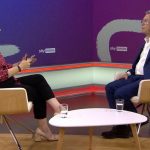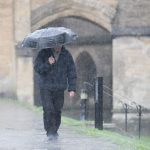The Princess of Wales has taken the blame. She has apologised for the doctored Mothers’ Day photograph, which was issued officially on behalf of the Royal Family.
“Give her a break”, she’s been in hospital and is recuperating after serious abdominal surgery, sums up a widespread mood of forgiveness.
“What does it matter?” chorus those eager to move on to more “serious” issues.
Sympathy for Kate, and what could be her understandable carelessness, should not wipe away concerns raised by the curious case of the altered snapshot.
This seemingly trivial matter touches on the credibility of the mainstream media in the photoshop era and the fair and accurate reporting of the monarchy and the Royal Family, who are the taxpayer-funded and government-enabled titular heads of the British state.
The Royal Family enjoy enormous privilege in exchange for living in a goldfish bowl. They are subject to public scrutiny because their function is to preside over and represent the nation in public.
The unforced error of the picture has led to global speculation on the state of Kate’s health and marriage.
This incident is also an indicative battle in the existential war between truth and fake news. That explains why the world’s five leading news agencies, including Reuters and Associated Press, took the dramatic step of issuing a kill notice on a picture they had distributed.
Read more:
Here’s what the data says about Kate’s edited photo
It could be a fuss about nothing. A busy mother inexpertly tinkering with the folds of clothing in a picture which she knew were going to be viewed by millions. We will never know unless the “Palaces” – either Kensington or Buckingham – publish the source material on which Kate, if it were Kate, was working.
The unreliable photo is particularly troubling because there was nothing forcing the Waleses to give it out. It was distributed to gain advantage and scotch public curiosity aroused by Kate and her three children staying out of sight since the beginning of this year.
Picture editing is nothing new
Crude airbrushing and cropping of images have gone on since William Fox Talbot invented photography. Alterations were obvious. Professional photographers were even expected “to touch up” the portraits they took.
Drastic doctoring of photographs used to be an almost comical trope associated with dictatorships. Whoops, there goes Trotsky who used to be standing next to Lenin!
In free societies, artfully posed official portraits were welcomed. Independent photographers were also given access to take pictures for themselves. As a result, the public also got to see shots of politicians and dignitaries grimacing, alone or at each other, or even nodding off at official functions.
Please use Chrome browser for a more accessible video player
Not cheating with photographs matters more today because it is so easy to do it. Anyone with a smartphone or laptop has a camera and the tools for editing at their fingertips.
Once digital copies are made it seems to be practically impossible to detect the full extent of manipulation that has taken place. For example, nobody has established definitively whether the picture of Prince Andrew with his arm around 17-year-old Virginia Giuffre is genuine or fake, as he has suggested.
Victoria’s cuff, Kate’s zip, Louis’s jumper, the wonky skirting board and window frame – glitches have been spotted in the picture. Experts cannot confirm whether or not bigger changes were made.
They have identified at least three separate attempts to alter the central area of the picture, where the family are depicted.
Some media-savvy celebrities worked out how to exploit the public’s taste for candid photographs with studied informality. Who can forget Diana sitting alone outside the Taj Mahal or arriving dressed-to-kill at the Serpentine gala?
William has combined his mother’s taste for informality with a fierce desire to protect his and his family’s privacy. In place of stiffly-posed shoots, the Waleses got into the habit of releasing pictures on red letter days taken by Kate, “a keen amateur photographer”.
Only a bit better than what could have been shot by the average mum, her pictures gave a winning impression of unstuffy informality. This has now backfired given the possibility that the family may have been unable to muster a spontaneous image of relaxed happiness for this year’s Mothers’ Day.
The media’s unique offering
Keeping photography in the Royal Family satisfied the public appetite for pictures, while maintaining absolute control by the Prince and Princess of what we got to see. A similar desire for control is manifested by Kensington Palace, and for that matter Downing Street.
Both have appointed official photographers in recent years, consequently excluding independent professionals from some photo opportunities. Number 10 only released the pictures taken at COVID “parties” when they were forced to by official investigations.
As sources of pictures have proliferated and the struggle for access has intensified, mainstream news organisations have had to take care of what they, uniquely, can offer – fair and accurate reporting.
This includes taking great pains to verify what they distribute. Most reputable news organisations have been caught out by fakes and occasionally distorted their own analogue material in the past.
They have had to tighten up their procedures to deal with the growing ease with which fakes can be produced by anyone so inclined. The picture agencies put out the royal photo in good faith – it had come from an impeccable source after all – but on closer examination their trust was misplaced.
Citizen journalists, people offering their own material for use in reporting, have turned out to be unreliable.
Some, like those trying to get mentioned as “Hugh Janus” or “Ivor Bigun” on phone-ins, are out for a laugh.
Others, such as those who send in images of breaking news events, but which were actually taken elsewhere, just want to take part.
Then there are those who deliberately put out fake material to back up their argument and, just as dangerous, conspiracy theorists who try to discredit accurate material on the grounds that it has been faked.
Please use Chrome browser for a more accessible video player
Reputational minefield
As ever in the IT age, the US has led with the promulgation of fake news, including doctored pictures of both Donald Trump and Joe Biden. The UK is following. To give just one example, an AI-generated soundbite, allegedly spoken by Sir Keir Starmer, was recently widely circulated and discredited.
Monitoring and annulling fake material will inevitably be one of the mainstream media’s most important functions in this year’s elections.
Once one thing turns out to be questionable, bigger questions arise. The Royal Family’s partial openness about the King’s cancer and Kate’s operation without specifics has inevitably raised more questions than answers – likewise William’s sudden withdrawal from his godfather’s memorial for a vague “personal matter”.
Now the Royal Family have stumbled into a reputational minefield with their doctored picture.
Questions are not only being asked in the “sewer” of the internet, as Britain’s official royal correspondents are reporting dismissively.
Read more:
‘An intern doing that wouldn’t get a job’
Kate has explained the photo ‘editing’ – but is it enough?
Be the first to get Breaking News
Install the Sky News app for free
Major foreign news outlets, including US network television, are openly speculating about the Prince of Wales’s friend the Marchioness of Cholmondeley.
The quickest way to dispel doubts will be if Kate is able to resume her full programme of public engagements after Easter, as expected.
The Waleses are not the only ones whose reputations are on the line.
The mainstream media are also under pressure to report truth as never before. Forgiveness, alas, is not the same as restoring trust.
